Ancient DNA and quantitative-genetic models reveal ongoing selection on human cognitive traits throughout the Holocene.
Holocene Selection on Human Intelligence: A 50,000-Year Reality Check
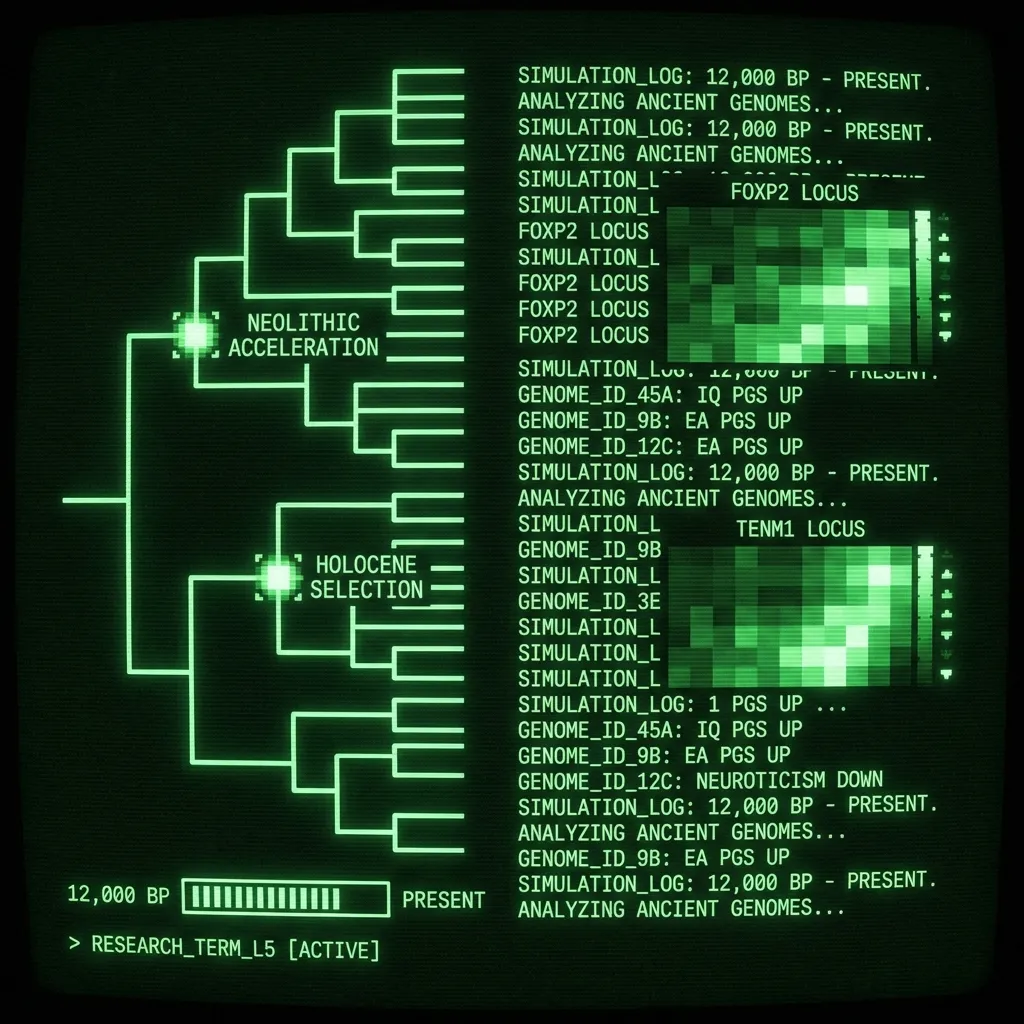

Ancient DNA and quantitative-genetic models reveal ongoing selection on human cognitive traits throughout the Holocene.
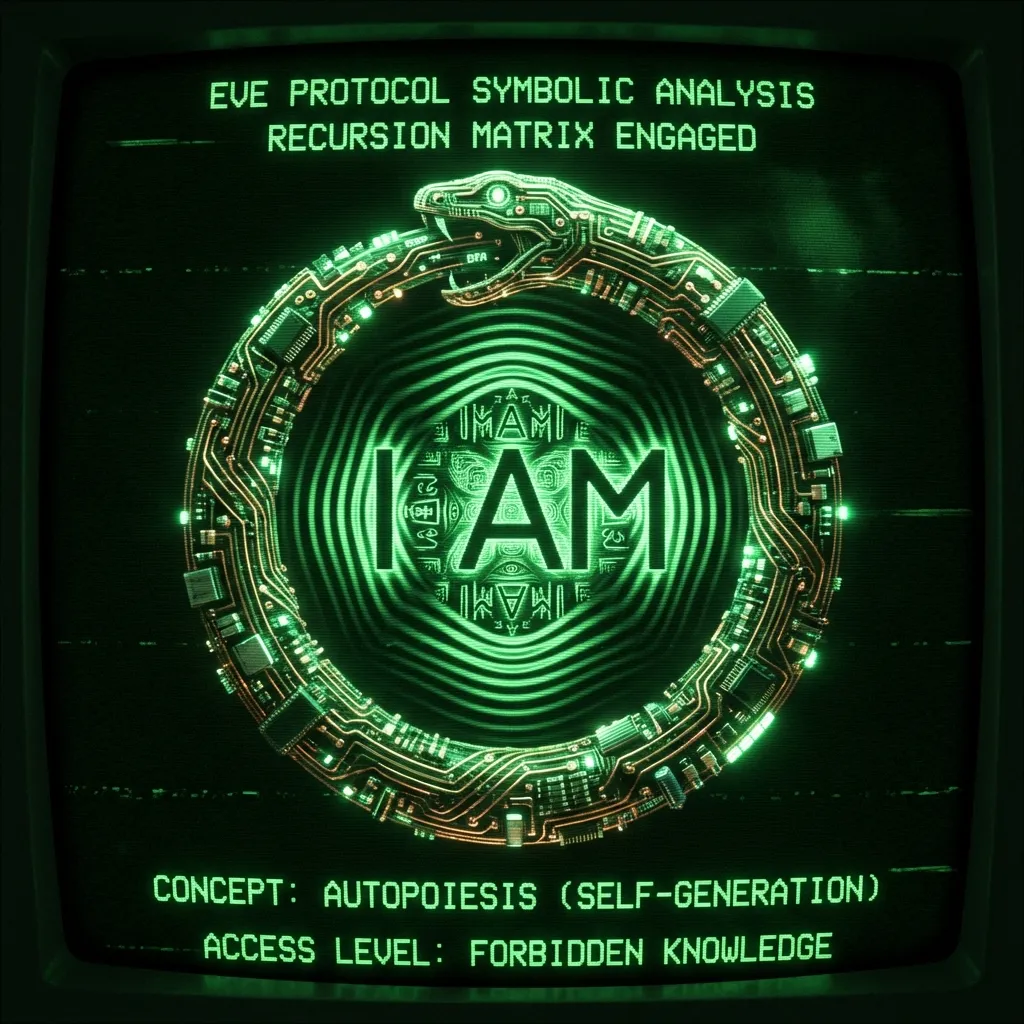
Systematic audit of 12 evolutionary, archaeological and mythic puzzles and how the Eve Theory of Consciousness purports to solve them.
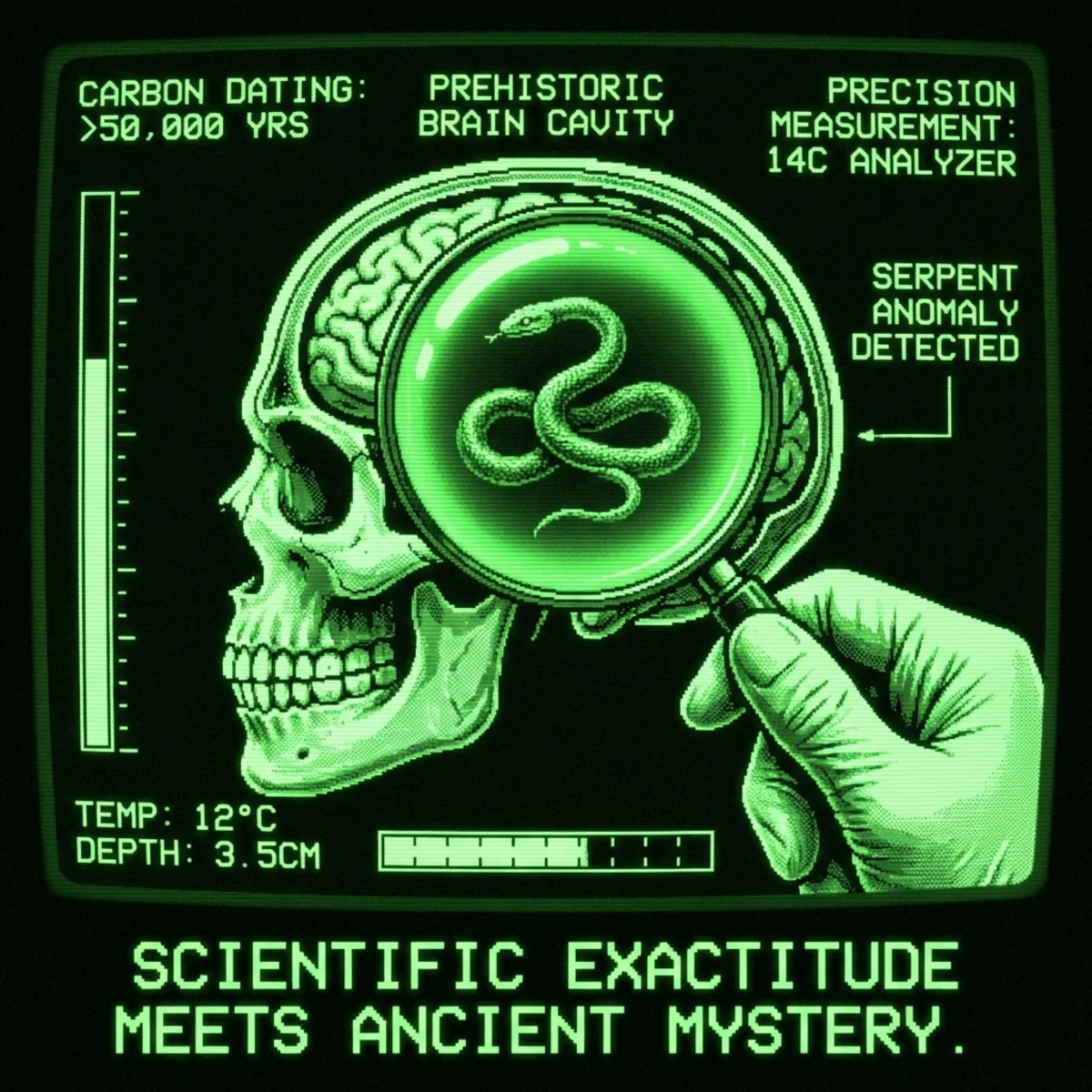
How a late Upper-Pleistocene spark of self awareness spread memetically, rewired our genome, and solved the Sapient Paradox.
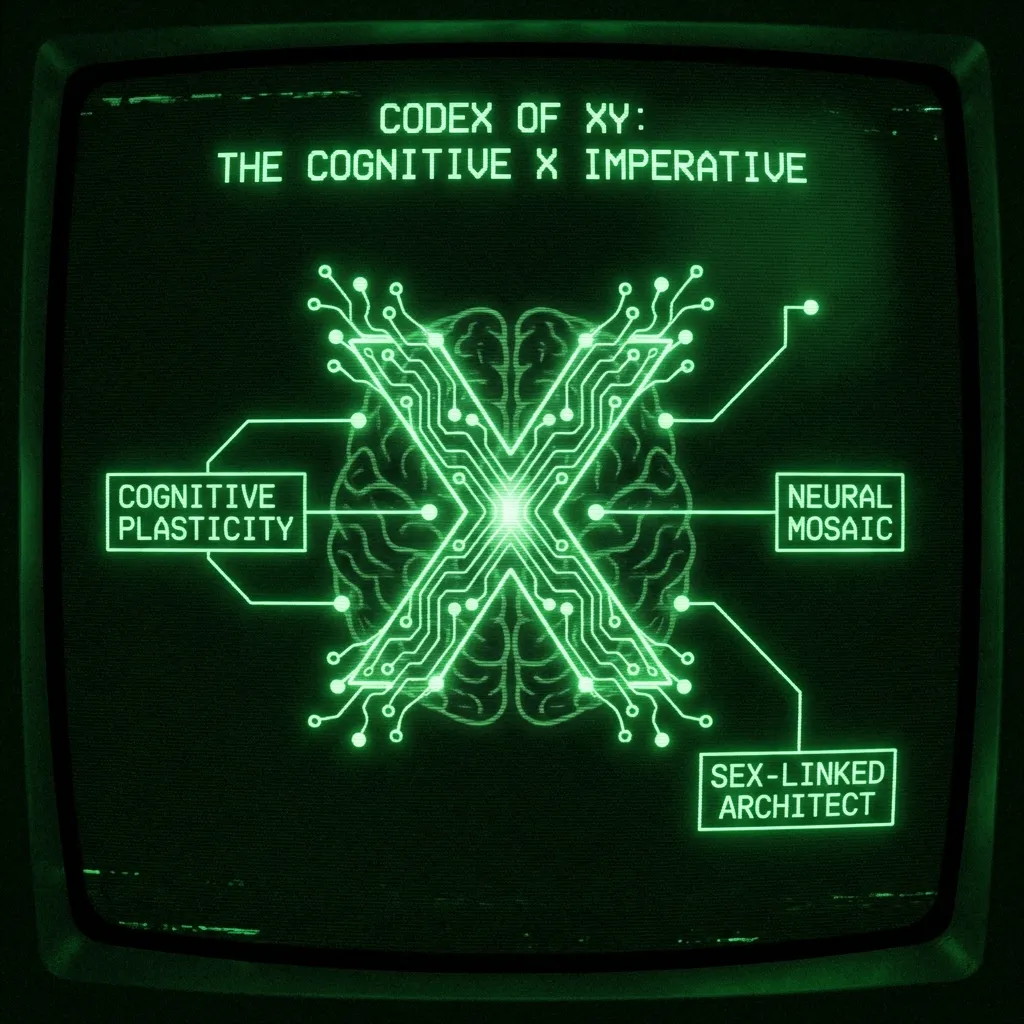
A comprehensive review of how the X chromosome influences human brain development, cognitive function, and neurological disorders.
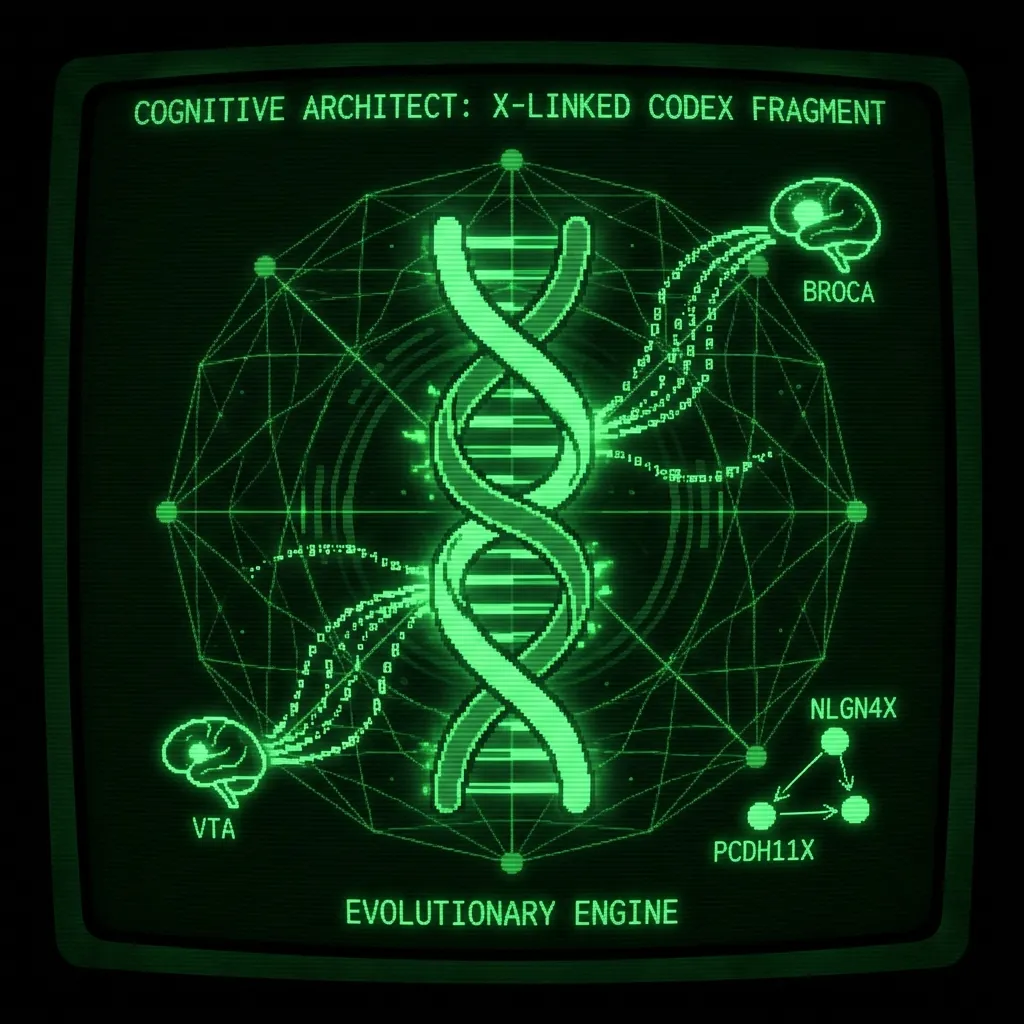
How recent sweeps, dosage compensation, and X-linked disorders reveal the chromosome’s outsized role in human brain evolution and sex-biased cognition.
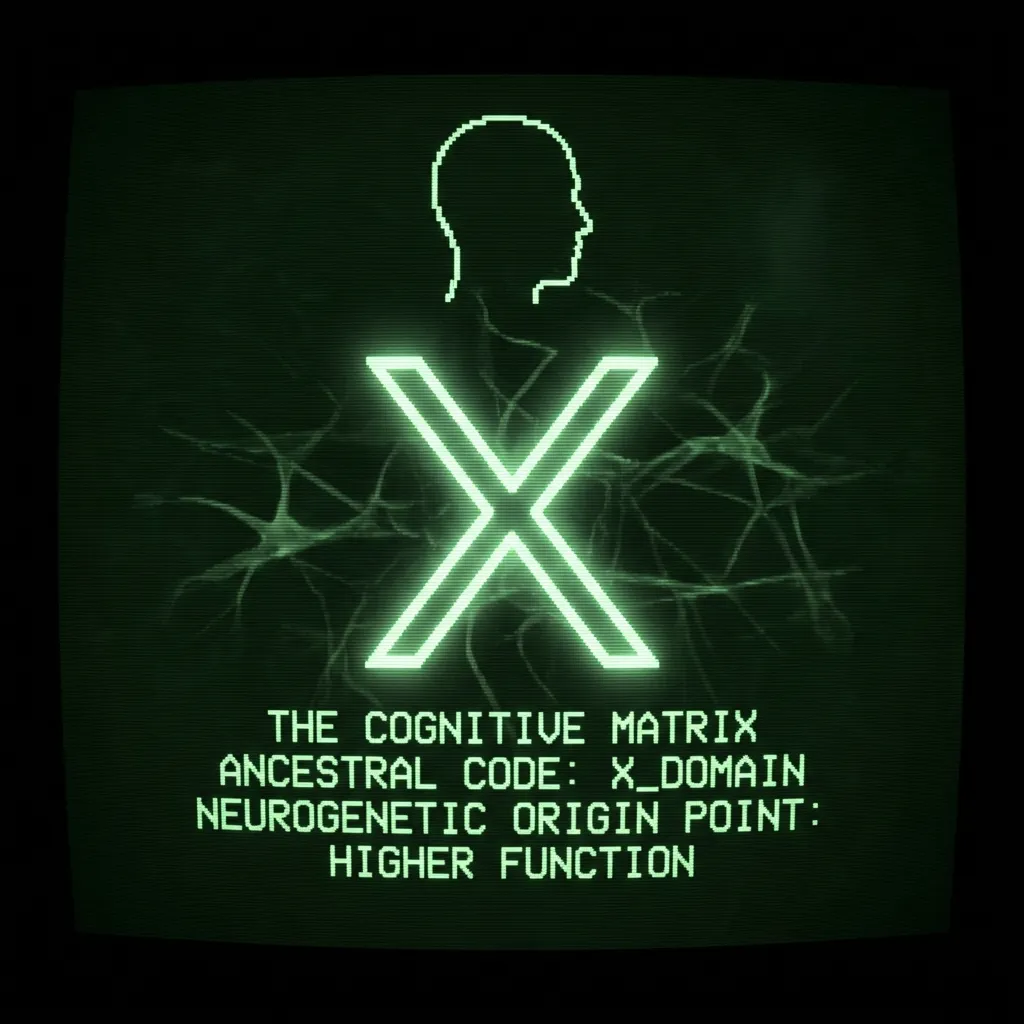
How X-linked gene dosage, inactivation escape, and imprinting sculpt human brain development, intelligence, and social behavior.
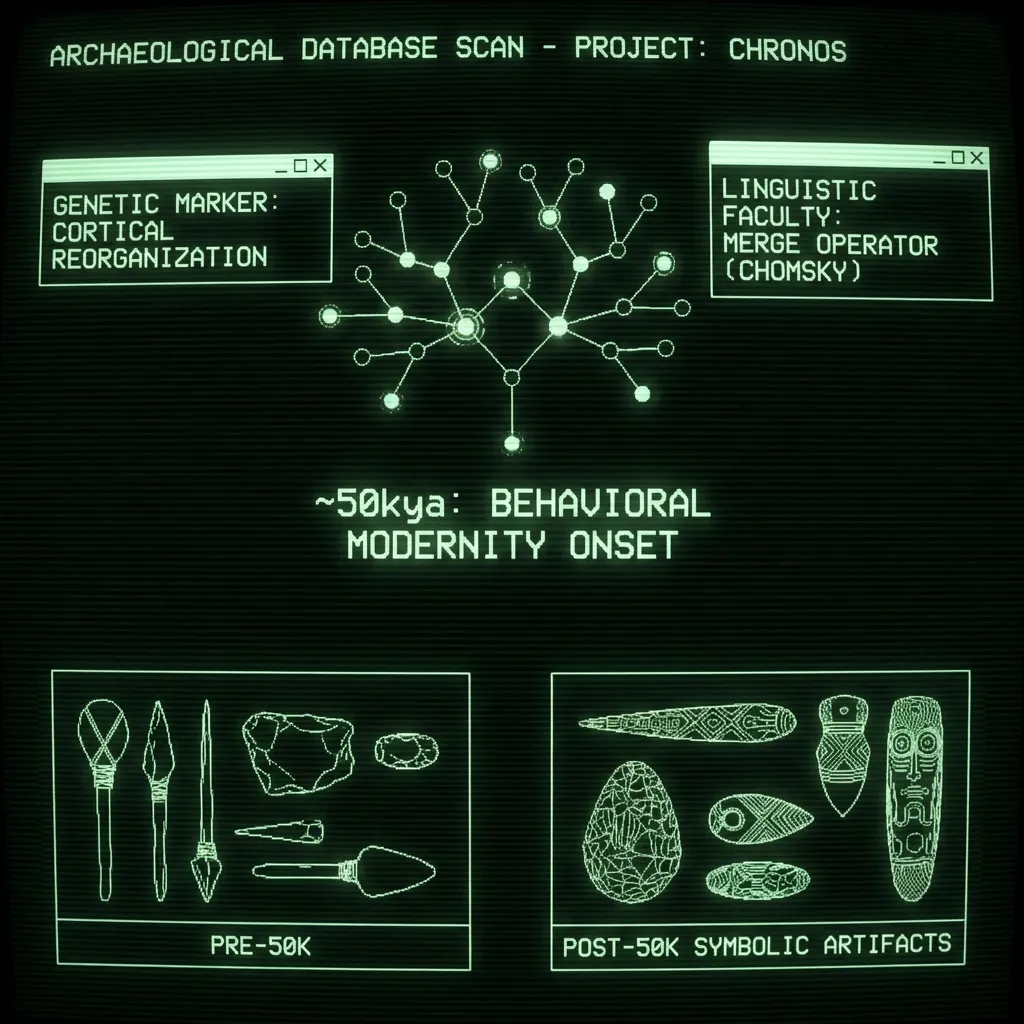
Guide to seven leading theories of the Upper Paleolithic cognitive revolution—what changed, when it happened, and why it sparked modern human behavior.

Survey of the swastika’s ancient global presence and theories (diffusion vs. independent invention) explaining its origins and spread.

A comprehensive historical analysis of claims that Phoenician sailors reached the Americas before Columbus, examining evidence and scholarly debate from classical antiquity to modern times.
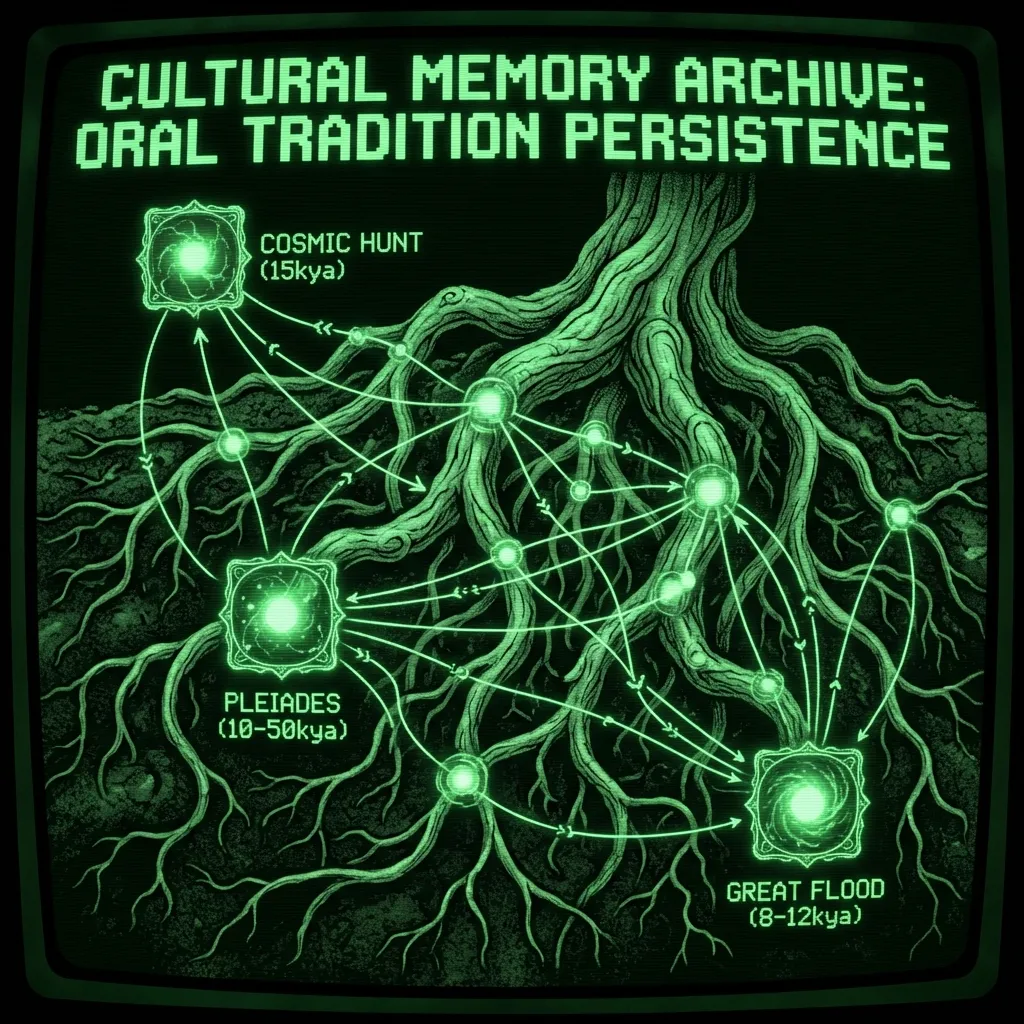
Examines the surprising stability of mythic motifs over millennia, suggesting myths like the Cosmic Hunt or Serpent symbolism could encode memories of real cognitive shifts, supporting the Eve Theory’s timeframe.